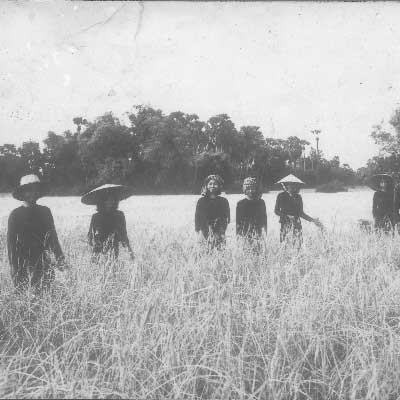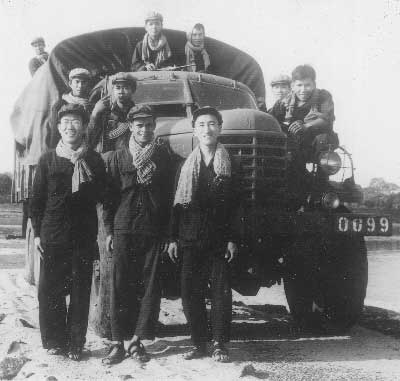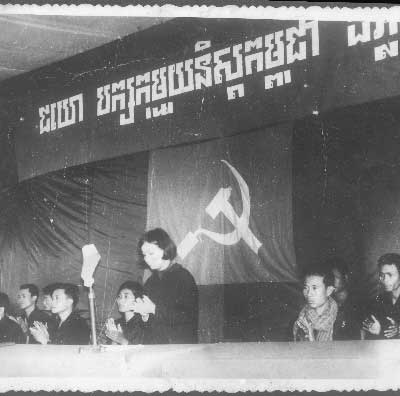| |
In the twenty-five years since the collapse of Democratic Kampuchea, we have learned much about the individuals who led the Khmer Rouge
regime. Their objective was the destruction of the very foundation of Cambodian society: its family structure, and its norms and values.
Ironically, we have also come to realize that the regime's leaders were not abstract political monsters; they had their own families and
their own private lives, just like other Cambodians. But what they sought to destroy for others, they preserved for themselves.
Every Cambodian family, from that of the king to that of the poorest peasant, has had at least one member who died or simply disappeared
during the Khmer Rouge's reign of terror. Nearly two million people were executed, starved or worked to death, and the legacy of the
genocide is still with Cambodia's families today. The country resembles one vast, broken family and healing it will take generations.
My mother lost her parents, three brothers, a sister, her husband, and her daughter.
But this book is not about the victims. Through photographs and the recollections of perpetrators and their families, it tells of those
who brought great tragedy on us all. Their pictures and words teach us the importance of recognizing the humanity common to all of us, of
the need to respect every human being's rights regardless of their crimes and regardless of our differences. They show the strength of the
human spirit which is capable of enduring so much.
I am indebted to Wynne Cougill, who has been at the forefront of this project. She has become a member of my own family and that of the
Documentation Center of Cambodia. And I am proud of her co-authors, Pivoine Pang, Sopheak Sim, and Chhayran Ra, who I hope have learned as
much from the book as I have. It will help them to grow and go on to accomplish great things for themselves and for Cambodia.
Youk Chhang
Director, Documentation Center of Cambodia
ABOUT THE AUTHORS
Wynne Cougill
is an editor and writer with DC-Cam. She has edited over 30 books in the fields
of development, health, economics, politics, and history, and is the author of
2 others.
Pivoine Pang studied planning and statistics, and journalism
before joining DC-Cam. She is the author of a paper on female Khmer Rouge cadres
in Kandal province.
Chhayrann Ra has worked on DC-Cam's mapping and promoting accountability
projects, and is now the Center's website specialist. He is pursing a law degree
at the Faculty of Law in Phnom Penh.
Sopheak Sim is DC-Cam's graphic designer, where he lays out the
Center's monthly magazine and monographs. He led the cataloguing of the photographs
for this book.
The authors wish to express their gratitude to the National Endowment for Democracy,
whose generous support and patience enabled the publication of this book.
|
|
|


